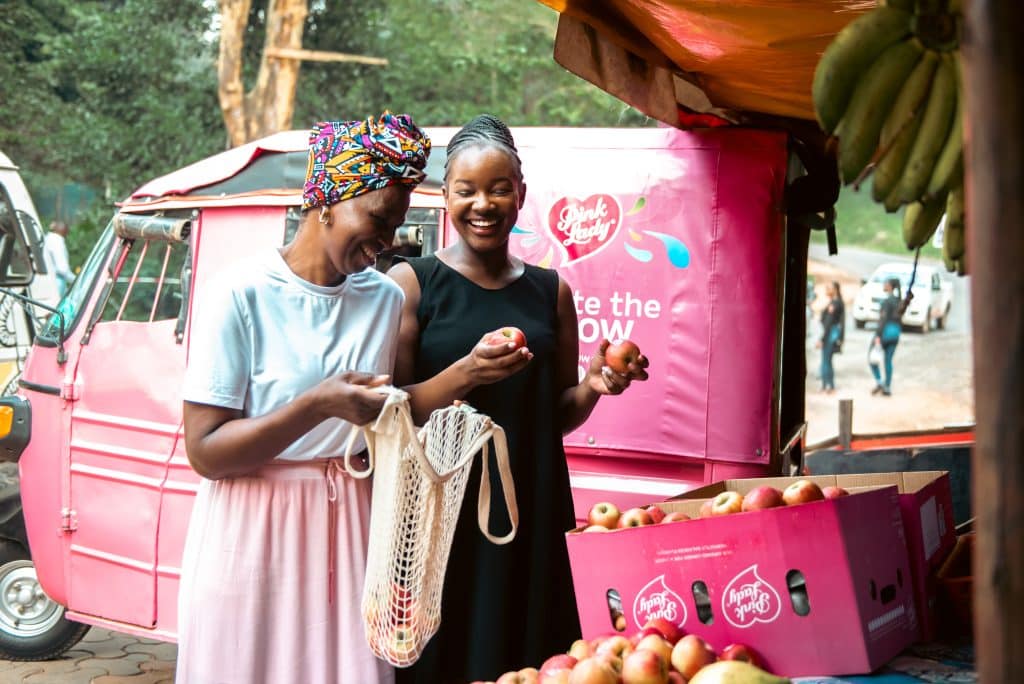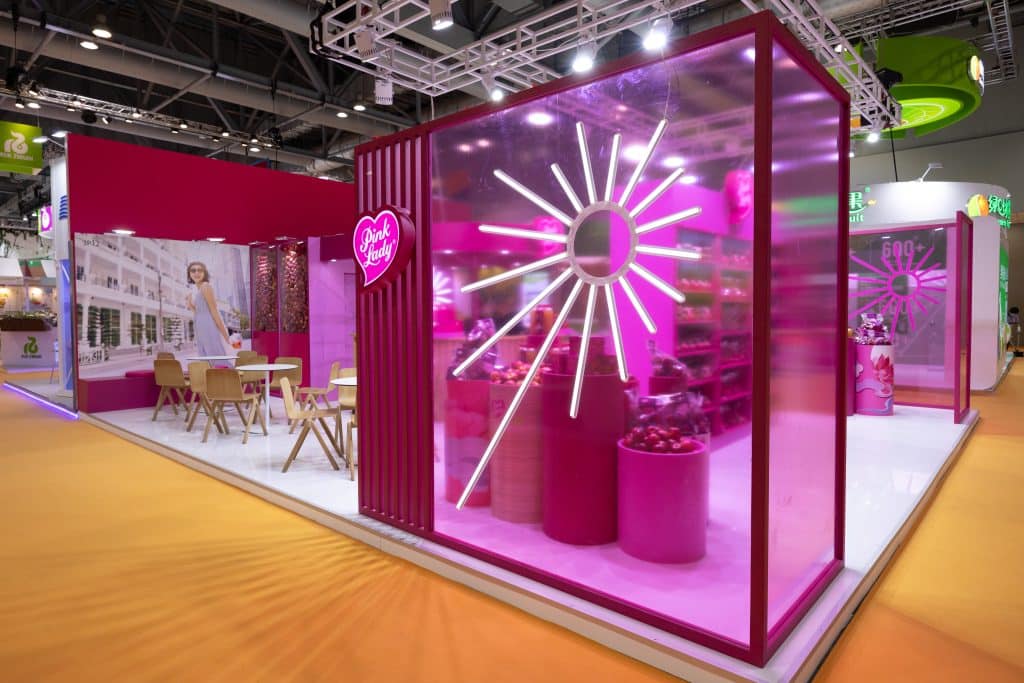APAL trade mission to Japan uncovers opportunity
With borders still largely closed to travel, it was a considerable feat that APAL representatives were able to keep plans to attend industry trade talks in Japan this August.
Centred around an intellectual property (IP) and plant variety seminar at the Australian Embassy in Tokyo, APAL was invited to share learnings from owning and managing the IP in the Pink Lady® family of trademarks.
Attended by trade dignitaries from Japan Association for Tecno-Innovation in Agriculture, Forestry and Fisheries (JATAFF) and Japan Food & Agriculture Cooperative, the workshop highlighted bi-lateral opportunities via APAL’s Future Orchards® program, and uncovered counter-seasonal and longer-term market growth prospects for Pink Lady® apples in Japan.
Speaking on his return, APAL’s Chief Executive Officer – Phil Turnbull, said: “Japan’s fresh fruit import volumes are expected to increase in the near to medium-term to supplement domestic production and ensure the Japanese consumer has access to first class fruit all year round.”
“With Takanobu Nakamura’s domestic leadership in Japan as head of the Pink Lady Japan Business Association and APAL’s marketing investment, it is not unrealistic that the Pink Lady® apple brand could play an important role in reshaping the category over the medium to longer term.”
Protocols are challenging
Although travel restrictions did not permit a visit to the apple growing prefectures on this occasion, the APAL team visited several retail outlets, noting few apples on-shelf: “Low import volumes mean that apples are largely a seasonal product in Japan,” explains Phil.
New Zealand, United States and Tasmanian apple growers have market access to Japan, however, import protocols and lengthy customs delays make it exceedingly difficult to satisfy Japan’s strict quality and phytosanitary standards.
APAL understands the protocols to be so demanding that fruit bound for Japan must be determined at orchard-level and as such, New Zealand business, FreshCo, are the only licensed exporter currently sending Pink Lady® apples to Japan.
Export is not without reward however, with apples commanding premium prices in Japan and currently, next to no retail presence from competing branded varieties.
In this context, the key to success will be differentiating Pink Lady® apples based on taste and quality, and by educating Japanese consumers to think differently about the snacking category as a whole.
In Japan, fruit tends to be enjoyed shared as a dessert or gifted on special occasions, rather than as a healthy, daily snack.
Phil confirms: “Japanese consumers are accustomed to large, sweet apples and the overall level of consumption is low when compared to Australian or European standards.”
Kiwi fruit offer encouraging precedent
Inroads by branded kiwi fruit Zespri®, however, offer an encouraging precedent for Pink Lady® apples; kiwi fruit imports to Japan were valued at less than US$100 million in the 1990s, but tripled to over US$300 million by 2017.
Driven by above-the-line investment, as well as extensive trade marketing initiatives, kiwi fruit are now one of the most popular fruits and Japan is now Zespri’s second largest market after China.
During 2020, Zespri® shipped over 100 million tonnes of kiwi fruit to Japan – up 2 million tonnes on the previous year. Speaking with Food navigator-asia.com, Zespri® brand manager, Maiko Kurita is quoted: “Once consumers understand the health benefits, they consume more fruit.”
The size of the task ahead is not lost on Phil who acknowledges: “Growing a brand is one thing, growing a category is a whole lot more challenging, but we are committed to providing the Japanese consumer with the world’s best apple, all year round. With the leadership of Takanobu Nakamura, his son Ryuichi and our partners, we will achieve this”.


